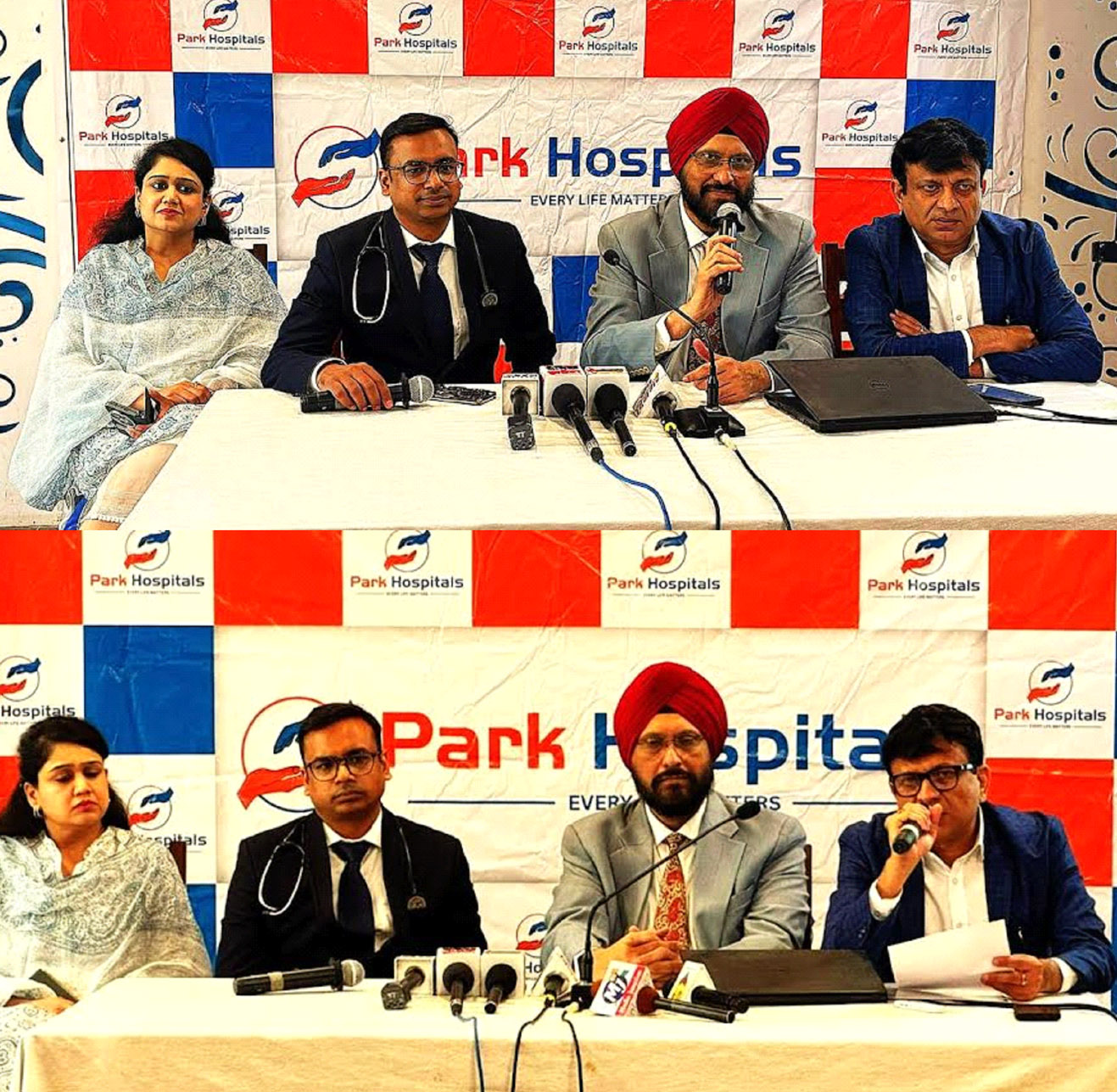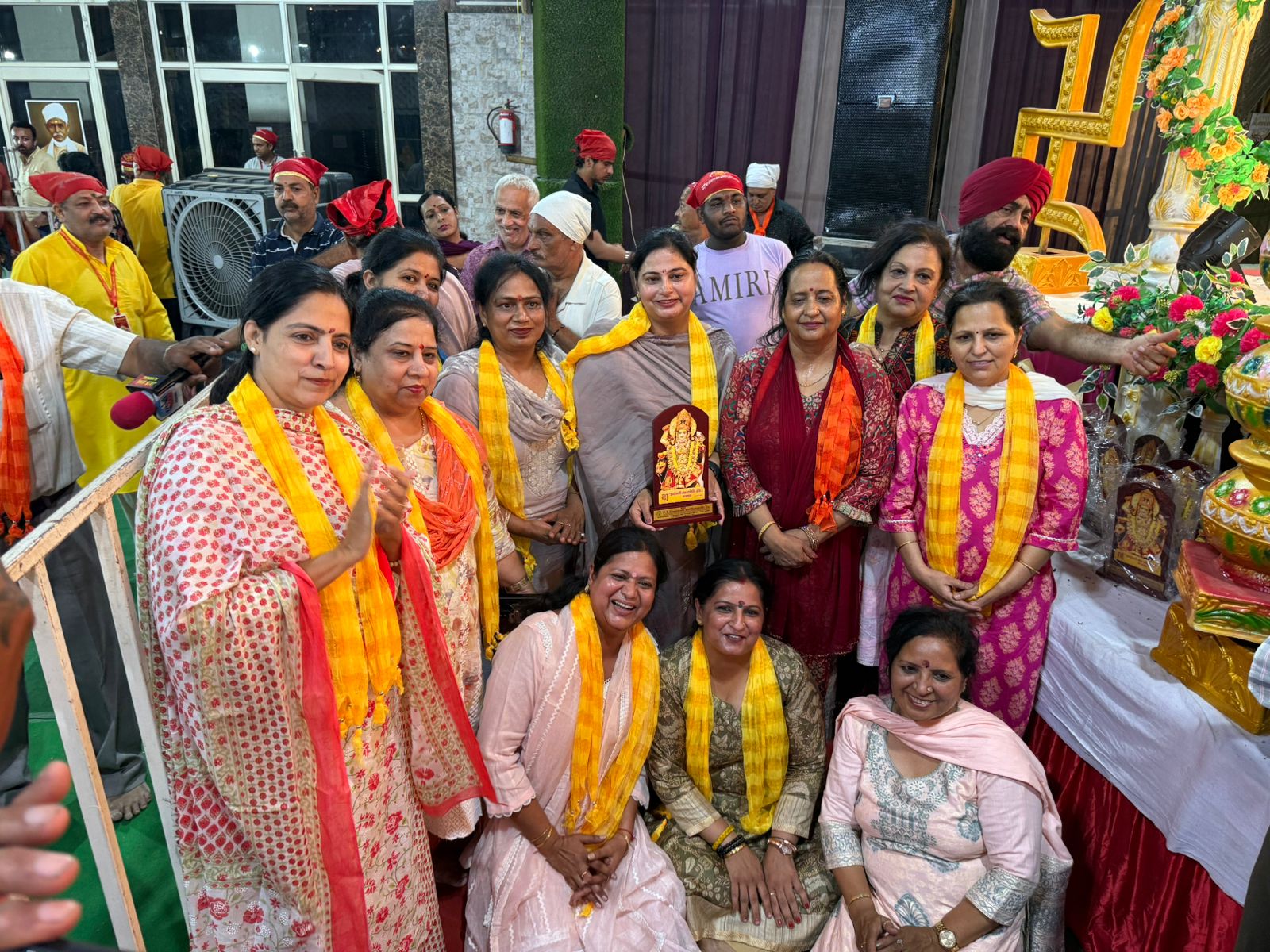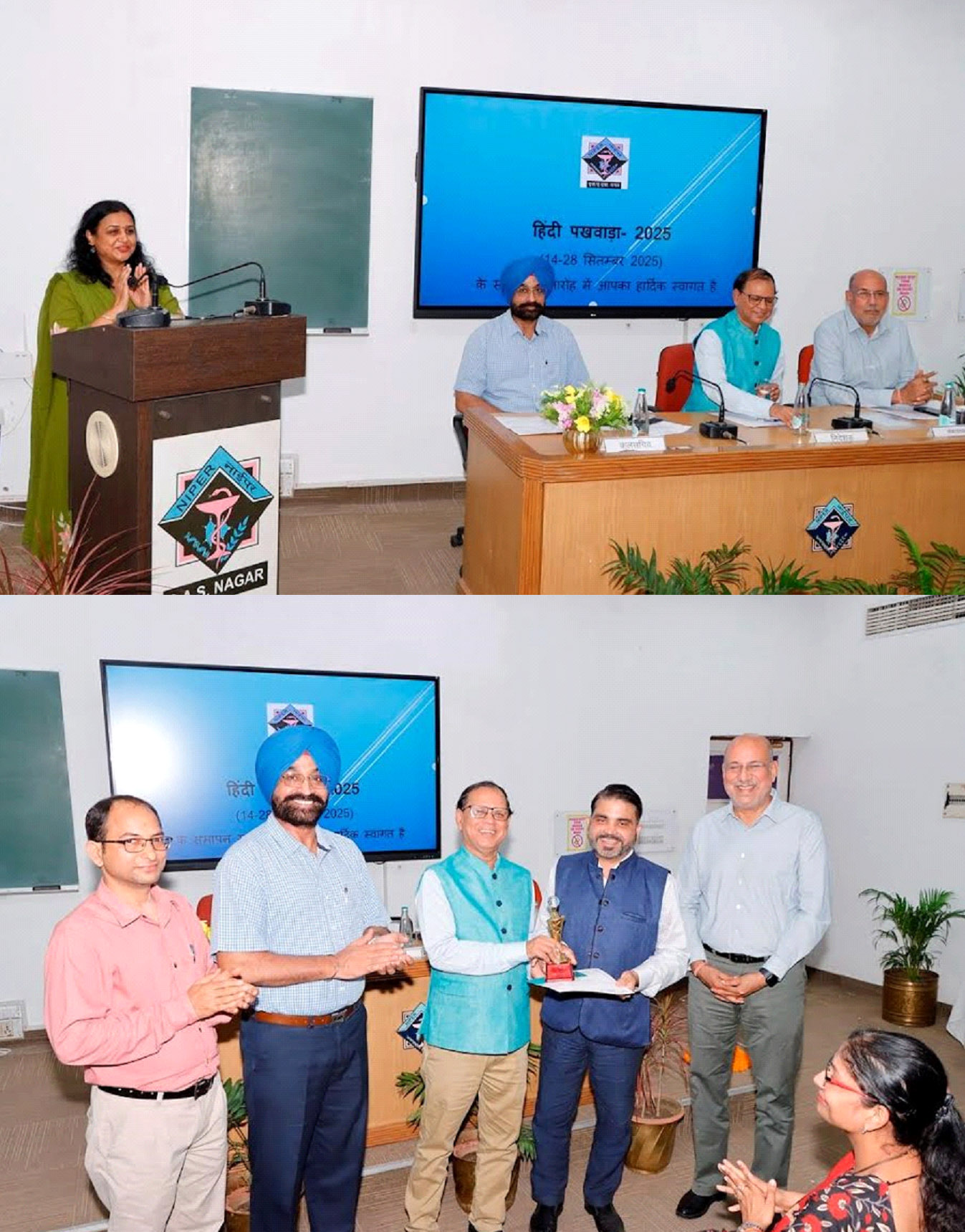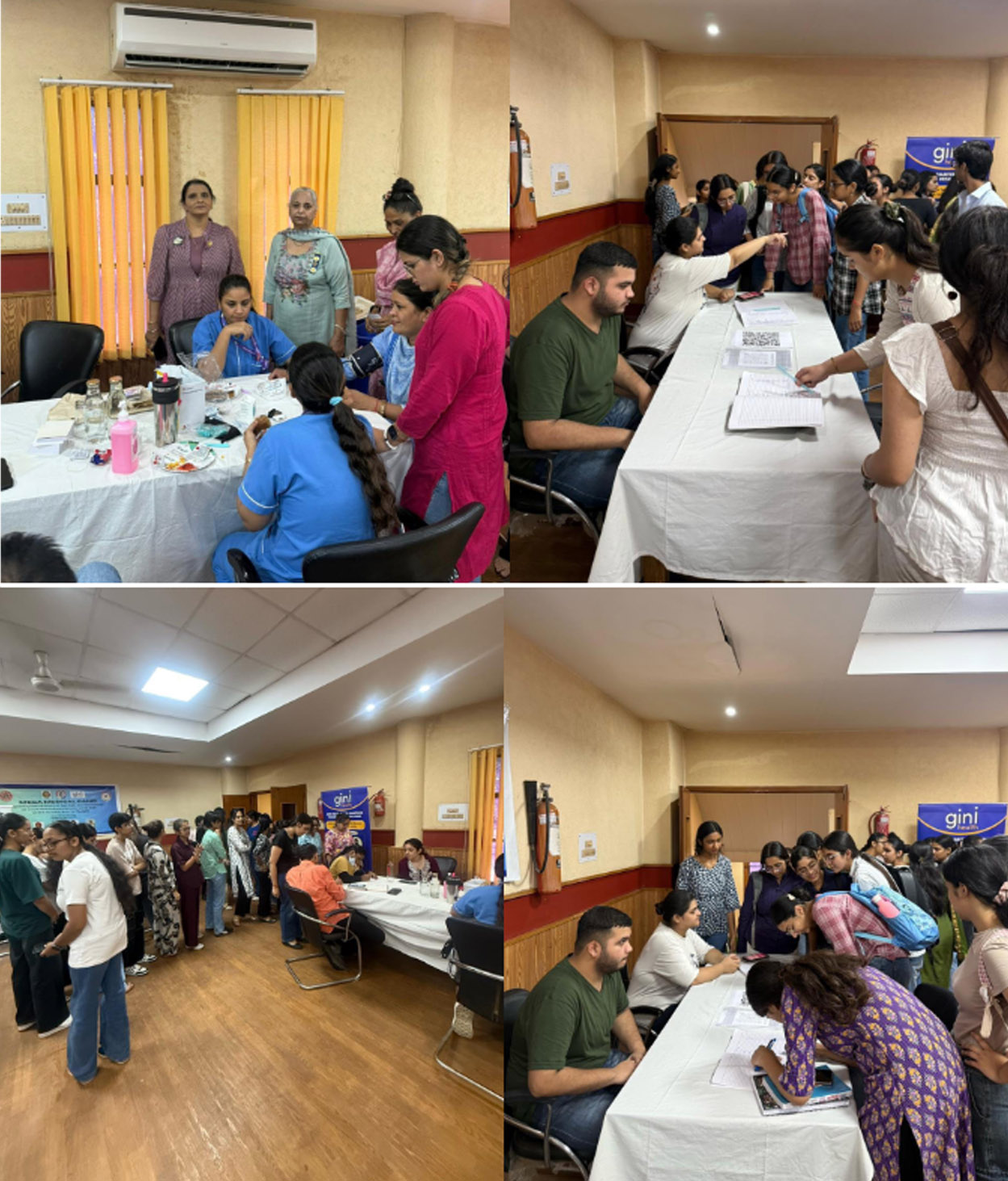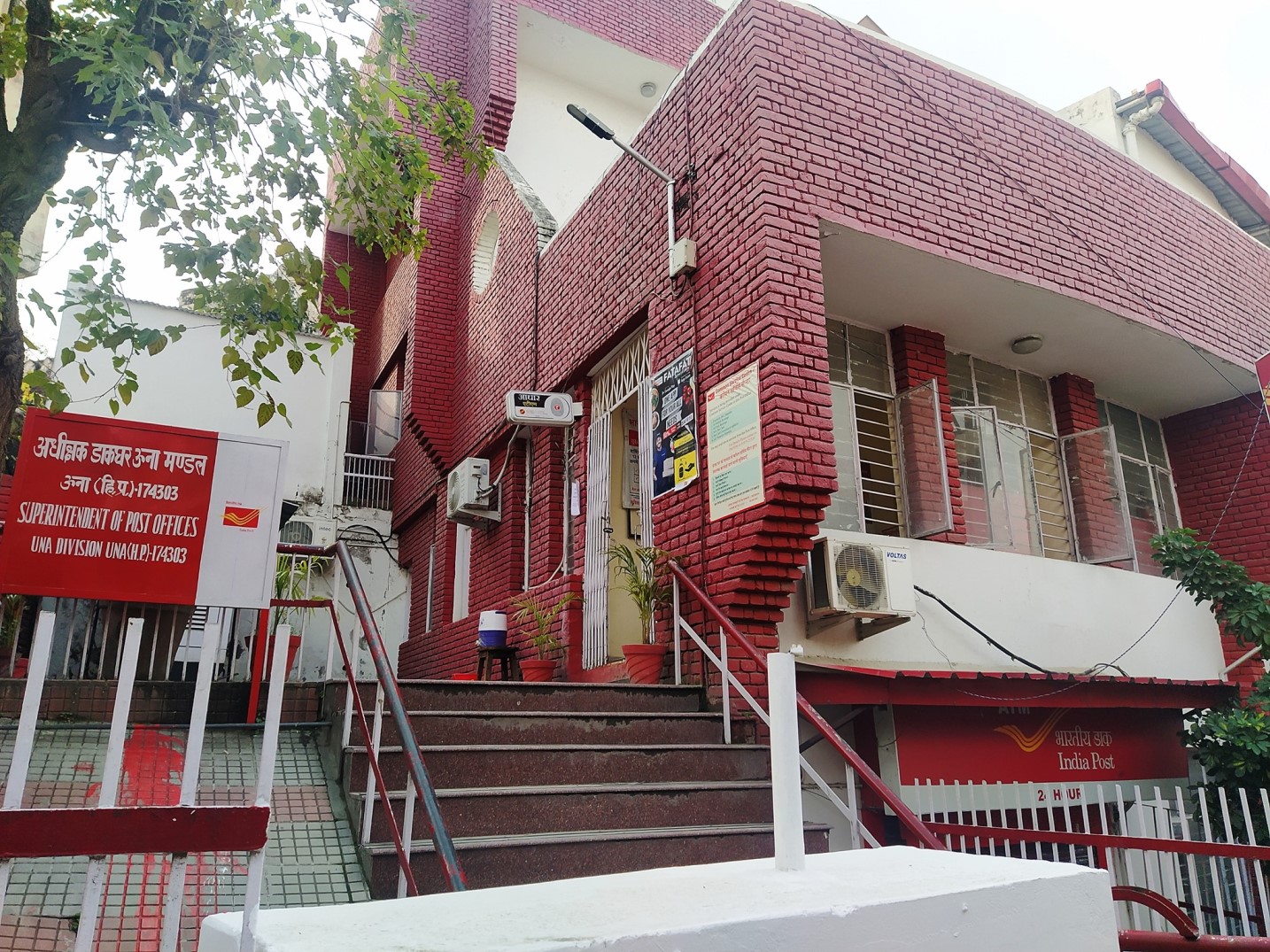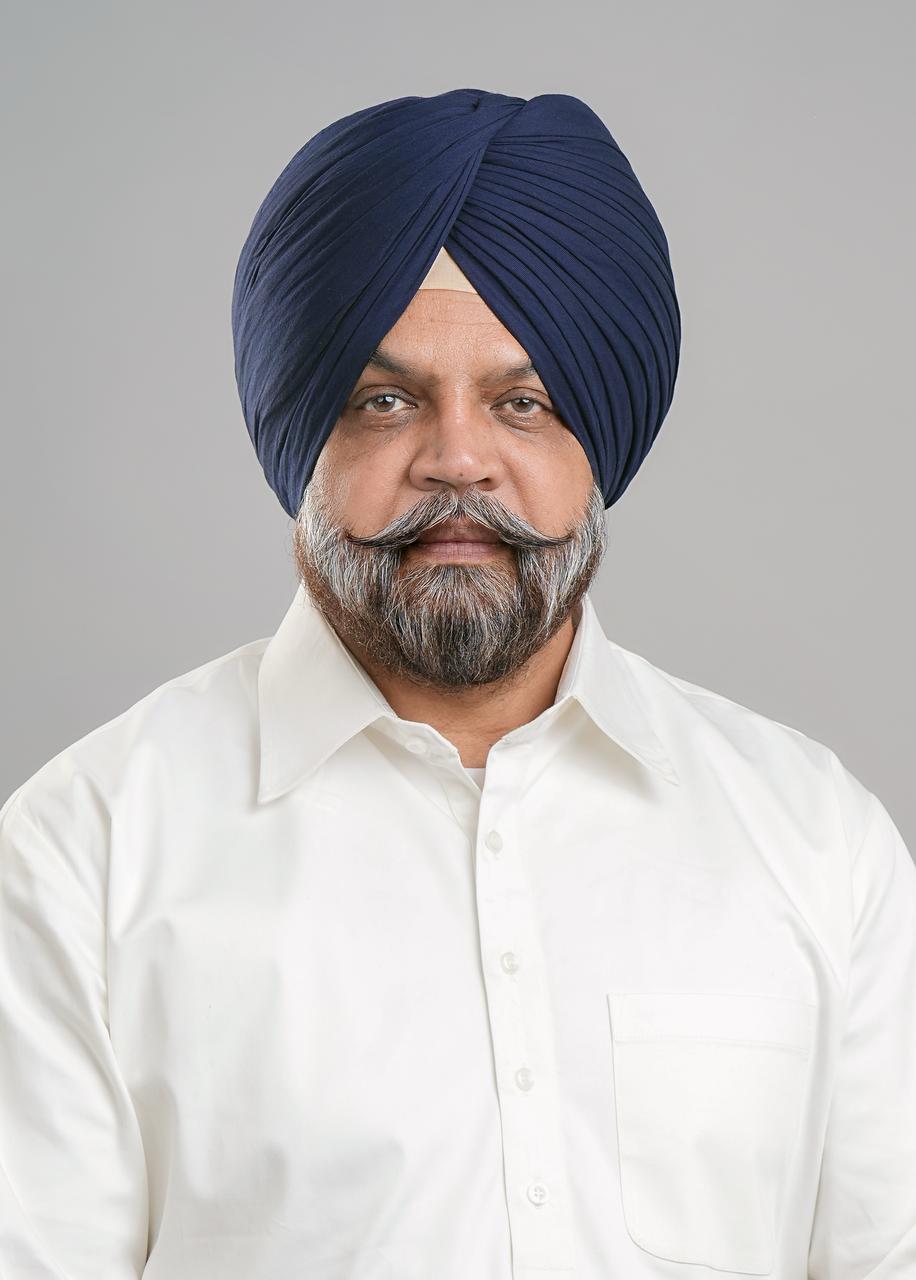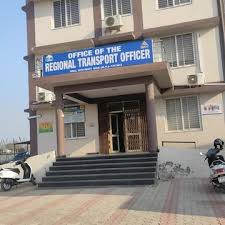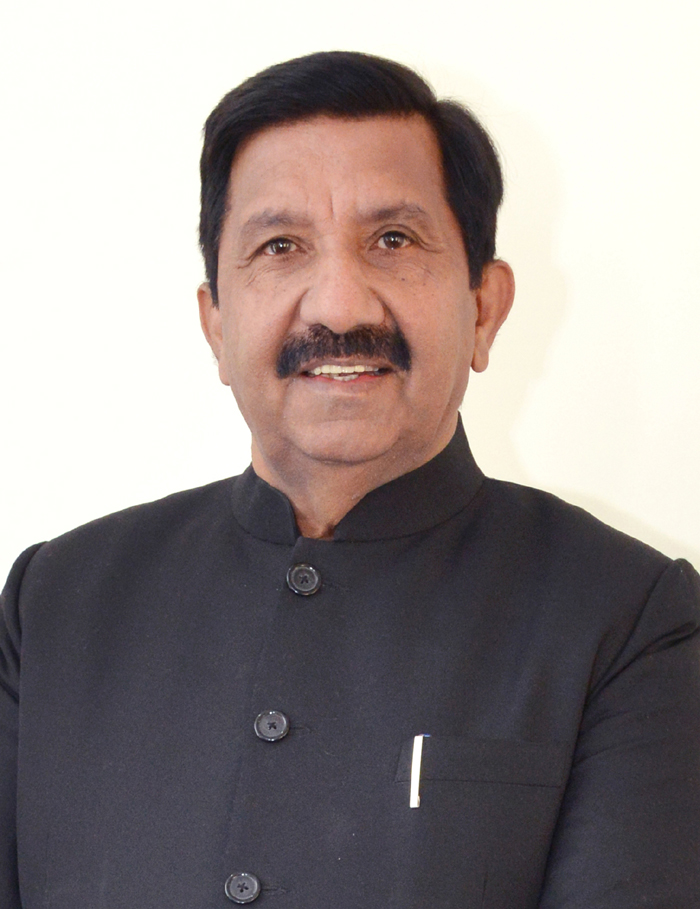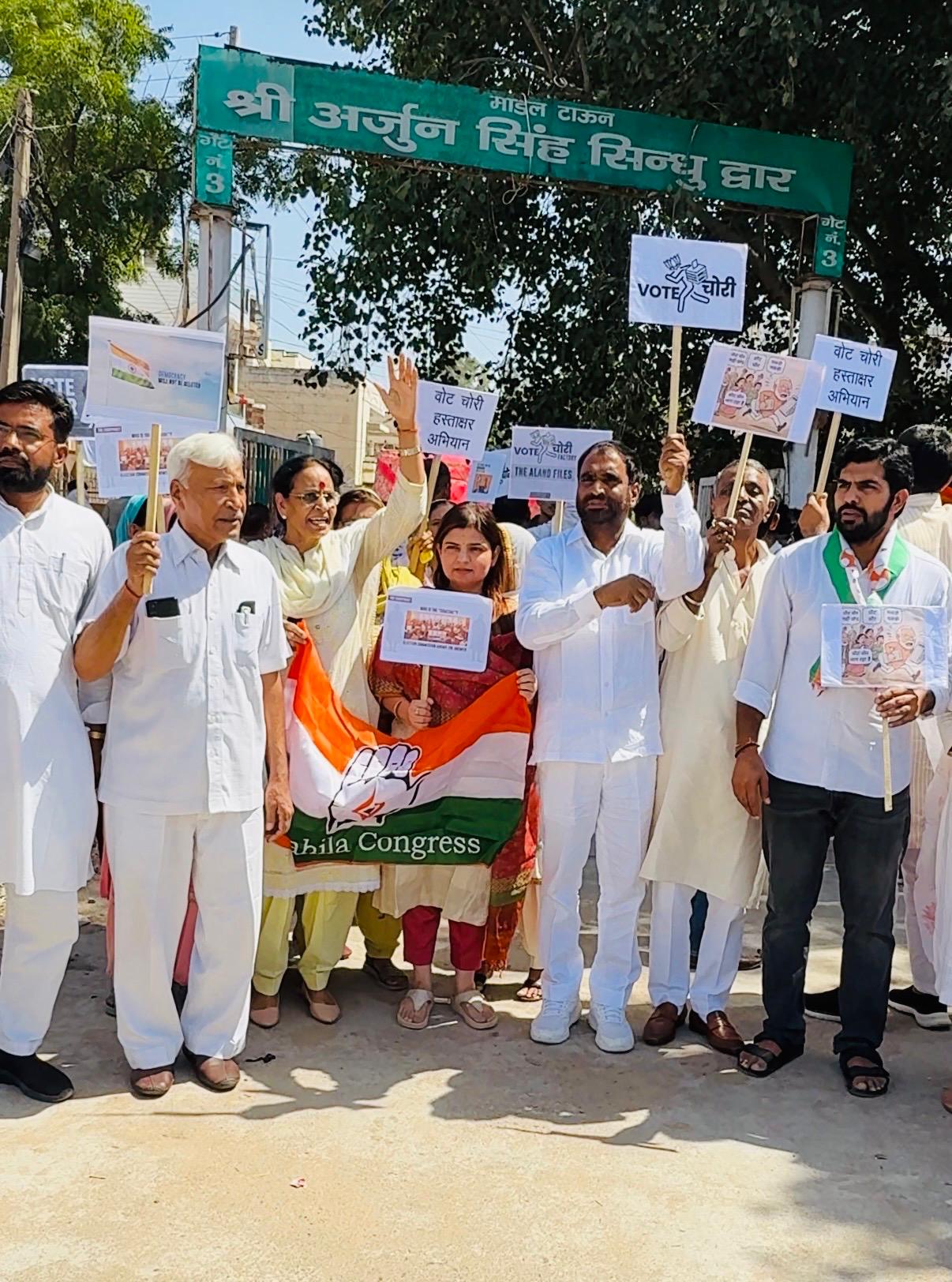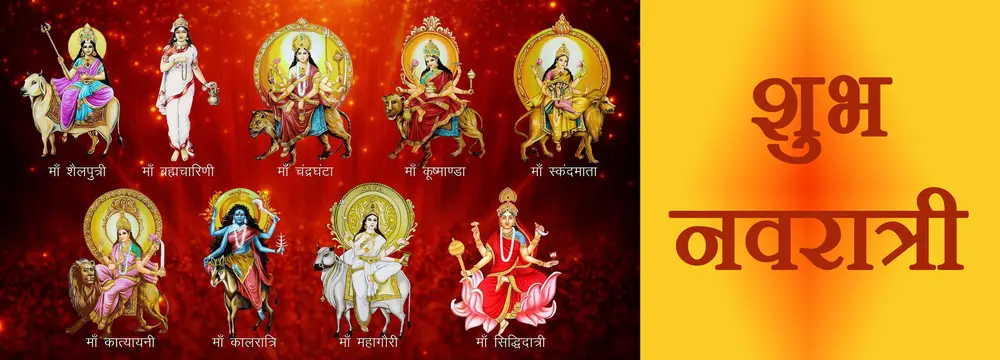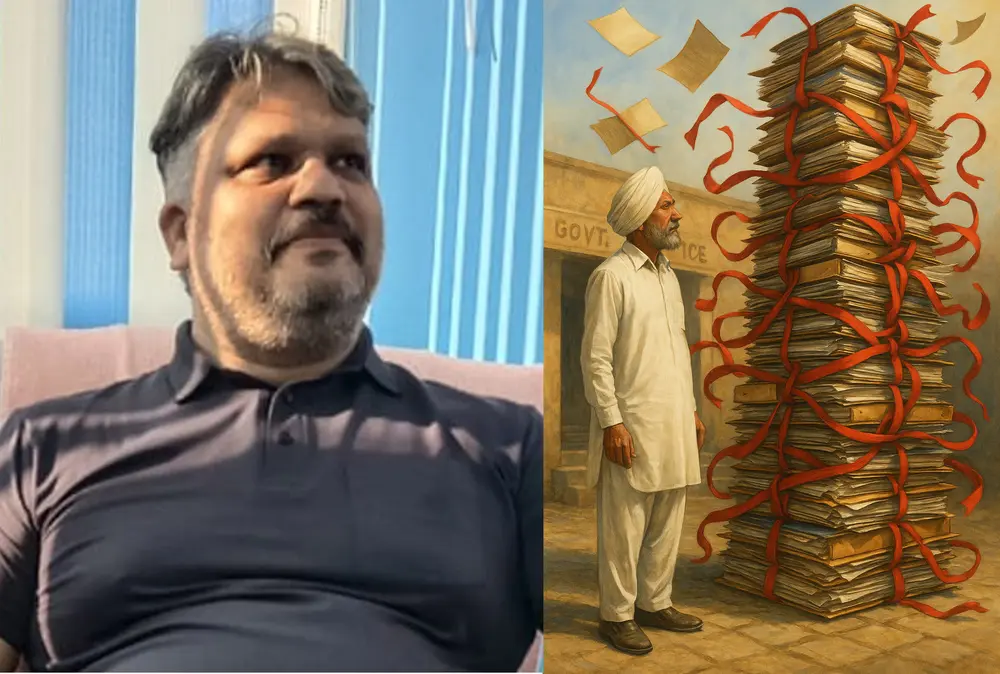
laal pheetaashaahee: A Test of the Common Citizen’s Patience
The renowned Punjabi poet from Malwa, Jagsir Jida, who is famous as a stage poet for his verses, has a couplet:
The renowned Punjabi poet from Malwa, Jagsir Jida, who is famous as a stage poet for his verses, has a couplet:
"Dhiyan shagun scheme nu udikan,
kuchhad niyaane chook ke"
This couplet is a sharp satire on the efficiency of our bureaucracy and the phenomenon of red tape. In reality, it reflects the bitter truth of our daily lives. Our applications, petitions, and rightful claims often remain stuck in the sluggish pace of files. Perhaps this practice is unique to India. Regardless, we prefer to talk about our country and its concerns. The term "red tape" originates from the tradition of tying a file with a red string. Since ancient times, people’s petitions, complaints, and requests were placed on cardboard, covered with colored paper folded from all sides, and tied with a colored string or ribbon. Even today, a bundle of papers is placed in a file folder, tied with a colored ribbon-like strap, and placed on the desk of the relevant employee, officer, or minister. After this, the file passes from one desk to another or through different hands until it reaches its final destination, where a decision is made. However, no one knows how long this process will take. In simple terms, red tape refers to delays in decision-making and resolution. This is a tragedy for the people of the country and proves to be a curse for the nation.
If we discuss the reasons behind this phenomenon, the primary cause is the multitude of unnecessary and complex rules that are impossible for the common person to understand or comply with. Sometimes, these rules are beyond even the comprehension of officials, leading to delays in decision-making. Often, officials deliberately procrastinate or shy away from making decisions. This directly harms the concerned individual or group, leading to frustration and restlessness among them. As a result, the general public loses trust in the government system, creating significant obstacles in implementing welfare policies.
With the changing times, there has been considerable awareness among people. Governments and administrative systems, recognizing the value of time, have introduced some reforms, the most significant being the Right to Information Act. Enacted in 2005, the primary objective of this law was to empower the country’s citizens, ensure transparency and accountability in government functioning, curb corruption, and make democracy truly welfare-oriented. Its implementation has improved conditions to a significant extent. The central and state governments are making efforts at their respective levels to simplify administrative processes. Digital technologies, such as Invest India and paperless green clearances, reduce paperwork and expedite government services. To bring efficiency to the government system, officials and employees need appropriate training to adopt and implement new technologies effectively.
Changing decades-old habits and traditions is not easy, but efforts are necessary. Therefore, every employee and officer must be encouraged to make decisions within a stipulated timeframe. In the bureaucracy, leadership, public service, integrity, and the ability to make sound decisions need to be promoted. The Lokpal system should be strengthened and effectively implemented to provide support to the public against corruption and inefficiency at all levels of governance. In today’s times, unnecessary delays and red tape in resolving matters are a significant ethical decline, eroding the public’s trust in government performance. For effective governance, there is a need to transform red tape into a red carpet.
-Davinder Kumar


